Dhaka, Nov 07 (V7N) — Nahid Islam, an information advisor, has raised concerns over what he describes as the "dual character" of the Awami League, alleging that the party employs a mix of violent tactics alongside the influence of intellectuals and media to maintain public support. In a post on his verified Facebook profile at 9:30 p.m. Wednesday, Nahid sharply criticized the ruling party for using a combination of force and strategic alliances with civil society to shape its image.
According to Nahid’s post, the Awami League, on one side, engages in activities that include "killings, disappearances, and torture," which he referred to as fascist tactics. On the other hand, he claimed that the party leverages support from civil society—intellectuals, journalists, and cultural activists—to create narratives that normalize its rule and enhance its legitimacy.
Nahid’s comments come amid ongoing political tensions and public discussions surrounding the Awami League's recent activities. He expressed particular concern over the role of media outlets and journalists whom he accuses of working to “normalize” the Awami League’s image. According to him, these efforts attempt to depict the Awami League as an opposition party, downplaying what he labeled as a “mass killing” of civilians, including students and workers, that reportedly took place in July and August.
“The Awami League has fallen over blood,” Nahid stated in his post, emphasizing that the party’s alleged actions have deeply affected Bangladeshi society. He called on sympathizers of the Awami League to “accept the reality” and turn their efforts toward supporting the people rather than the ruling party.
Nahid further stated that those in the media who “provide opportunities to promote banned organizations, genocide suspects, and fascists” would face consequences. He highlighted that attempts to reshape the party’s image would ultimately fail, warning of actions against individuals or organizations promoting what he called a “fascist” narrative.
As political divisions grow, Nahid’s statements are likely to fuel further debate on the role of the media, intellectuals, and civil society in shaping public perception.
END/MSS/AJ



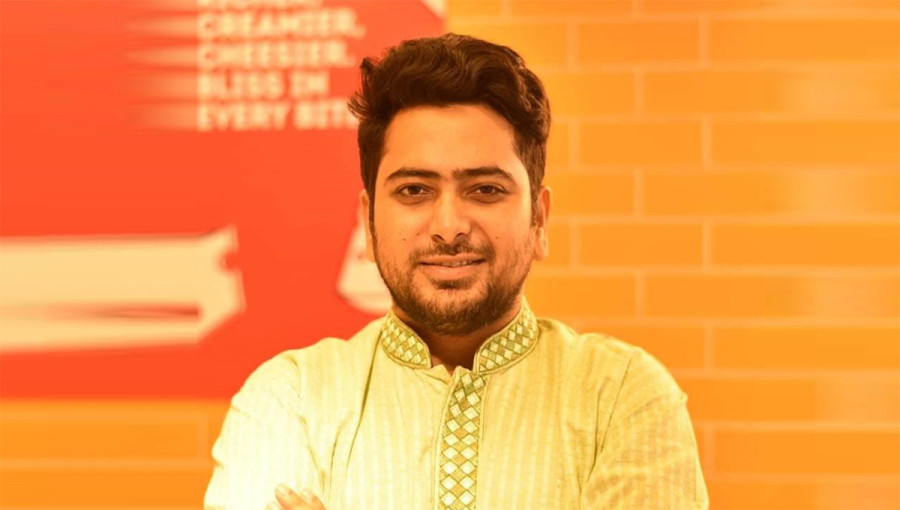

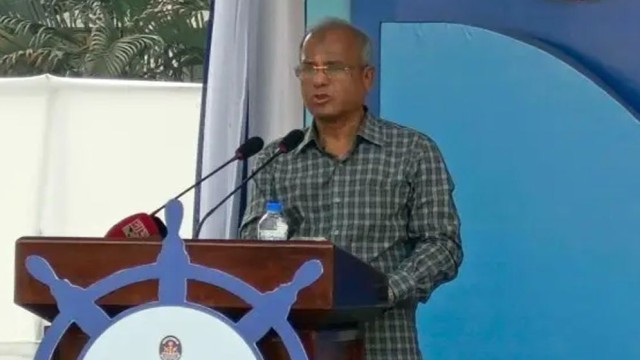
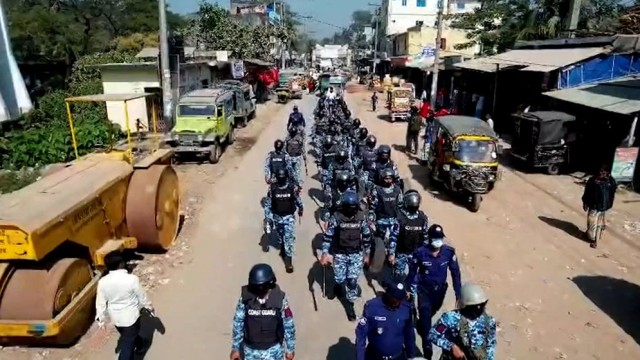

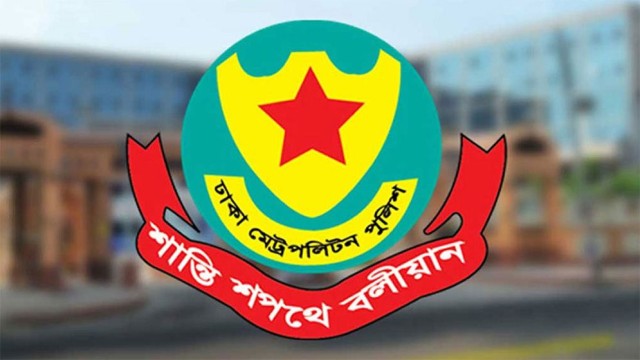
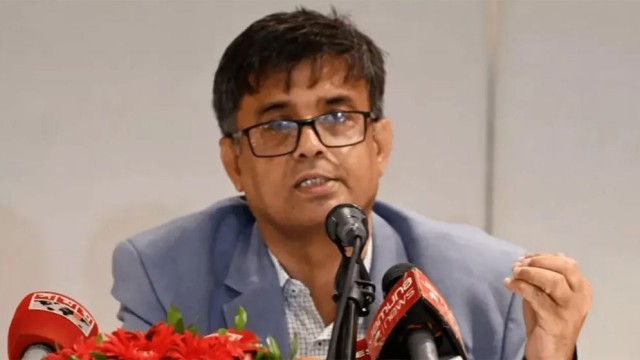
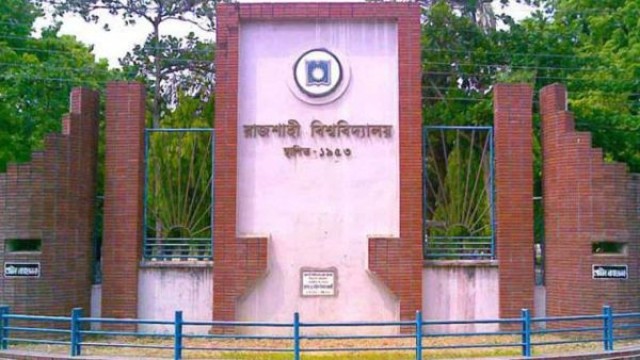
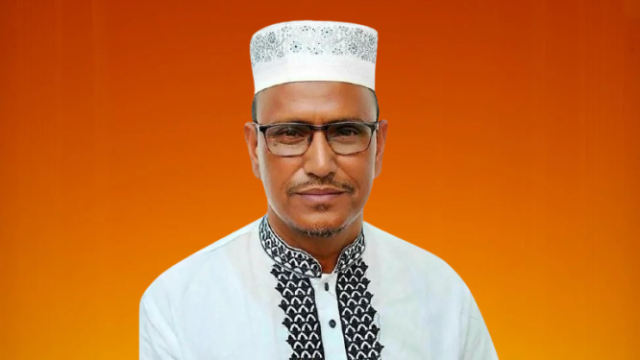
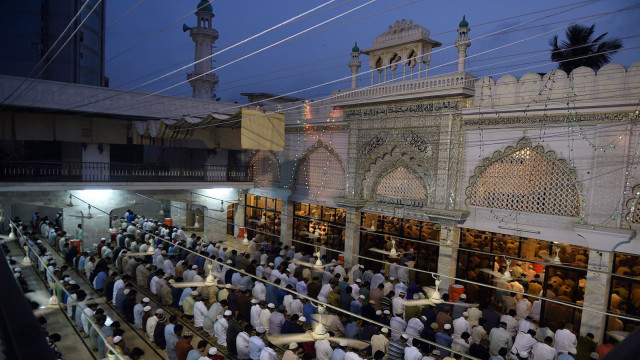


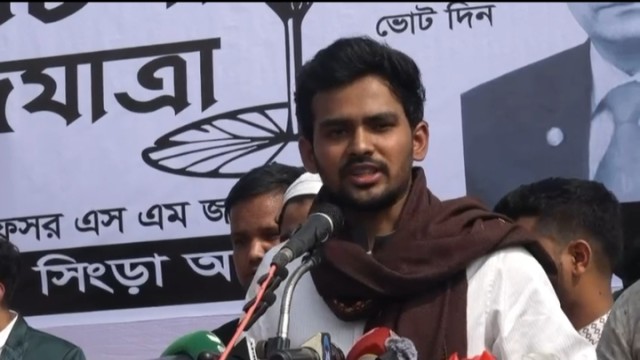
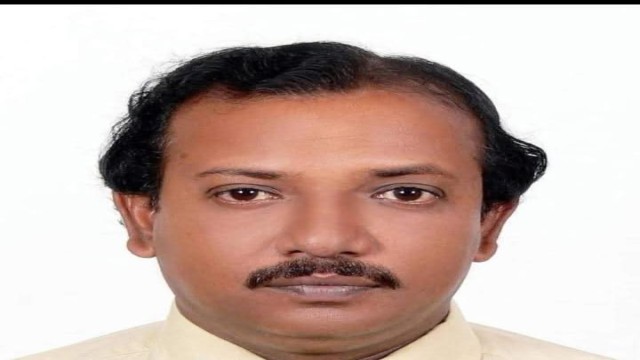


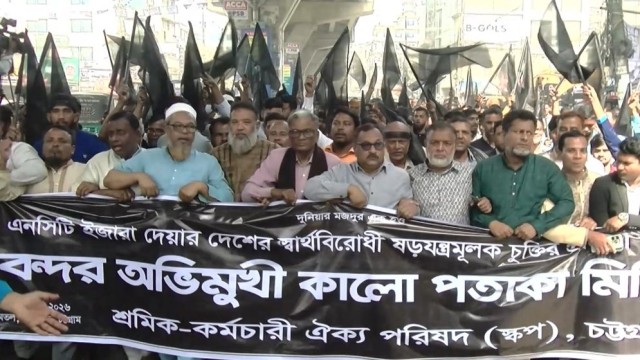










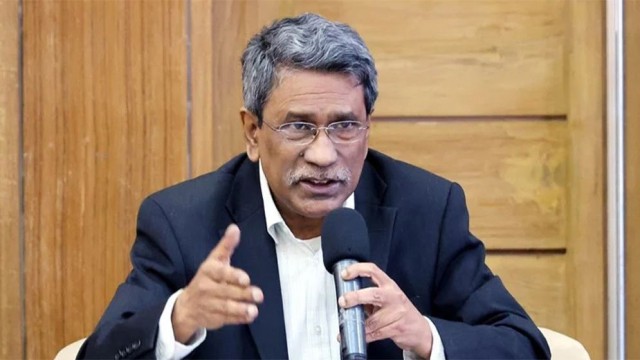
Comment: